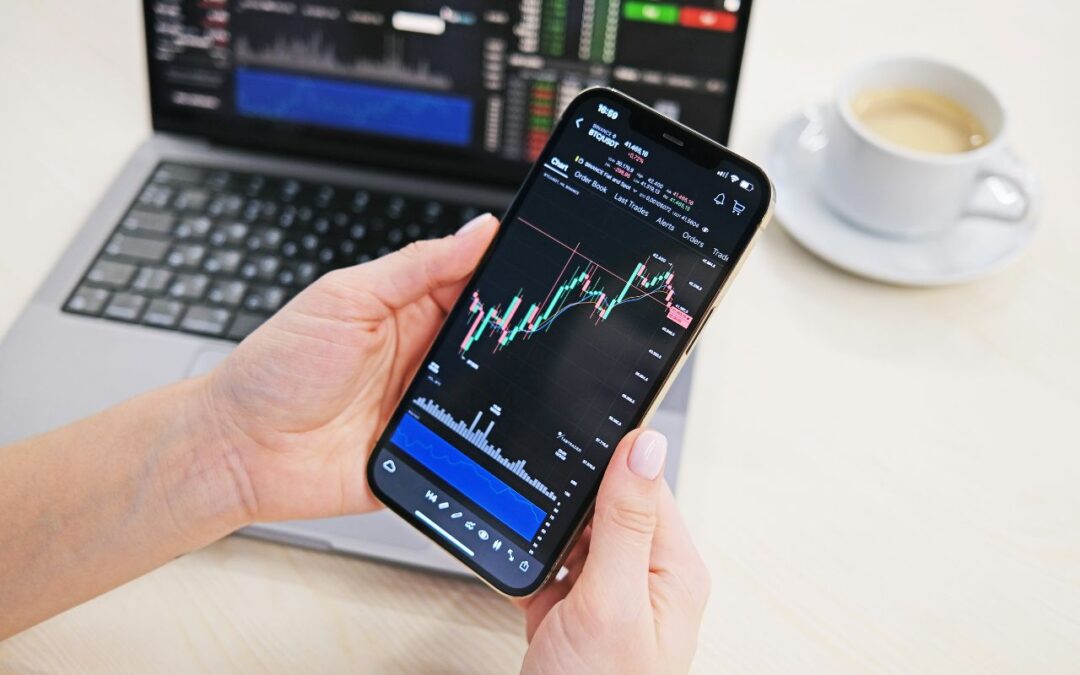Has this question about what is a demat account, popped into your mind? A Demat account can be easily understood; it is simply a digital account where you can hold your shares and securities electronically. In a savings account, you can hold your money; in a demat account, you can hold your bonds, mutual funds, shares and other investments.
Having a demat account is very important if you want to start investing in the stock market. Whenever you start a demat account, you will usually see advertisements saying “ zero charges” or “free demat account”- but the reality is, there are some hidden charges that will definitely surprise you later.
Want to avoid charges or want to avoid paying a high amount unnecessarily? In this blog, we will help you explore the hidden charges and explain to you how to keep track of these charges.
Why Understanding Demat Account Fees Matters?
If you are a first-time investor and you are opening a demat account, it is important to understand what is a demat account and the extra charges associated with the account. When these extra charges are added over time. They make a huge impact on your returns. It is very important to know about all the common and hidden charges to make informed, important decisions.
Let’s explore it!
Common Demat Account Fees
Before we go deep into the hidden charges, let’s explore a few common demat account fees that you should know-
Charges to open an account:
Usually, you are charged a one-time fee if you open a demat account. But many platforms offer the service for free, especially if you are opening a demat account online.
Annual maintenance charges:
AMC charges yearly to maintain the demat account. It lies between ₹200 to ₹1000, depending on your broker.
Transaction charges:
Every time you tend to buy or sell a share, there may be a fee that is charged. It can be a fixed charge or may depend on the transaction amount.
Custodian fee:
This charge is for holding your investment safely. This particular fee is becoming rare, but some brokers may charge a monthly or yearly fixed amount.
Hidden Charges You Should Watch Out For
Let’s explore some hidden demat account fees that you should know about-
Dematerialisation and Rematerialisation Charges:
If you want to convert your physical shares into electronic form or vice versa, there may be a fixed amount that is charged. These charges may be different, depending on the broker and the platform used.
Charges for pledging shares:
If you are pledging your shares to convert them into a loan or want to do margin trading, most brokers charge a fee. These charges are usually not mentioned, but they apply whenever you use this feature.
Fees for offline transactions:
Brokers usually don’t charge anything for online transactions. If you are requesting a transaction through a call or any physical form, then brokers usually charge a fee that is not mentioned anywhere. These charges usually go unnoticed; it is very important to check the transaction details regularly.
Charges for the statement and documents:
If you need a hard copy of your statement or any other document, it may cost you a fee. E-statements are free of cost.
Charges for failed transactions:
If due to insufficient balance, your transaction has failed, you might have to pay a small penalty. These charges are usually not communicated well in advance.
Debit transaction charges:
Sometimes brokers charge when you debit shares from your account. This charge is not included anywhere and is an individual charge which is based on the amount that is transacted.
Charges for account closure:
Closing your demat account should be free, but sometimes many platforms charge you fees if there is any due or if you have submitted the closure form incorrectly.
How to avoid these charges
Here are a few tips that will help you avoid these charges on your demat account-
- You should choose a transparent broker. Go for platforms like Bajaj Finserv Markets that clearly state all the applicable fees.
- Always read the fee structure carefully. You should know about all the charges in detail and the conditions applied.
- Make sure you regularly check the transaction details. This will help you know about any hidden charges at the earliest.
- Go for electronic communications, where you can avoid fees for any physical statement.
- Only choose online transactions. Avoid any offline trading requests.
Why is Transparency Important?
If you’re a smart investor, you should know what you’re paying for. Hidden charges will not only affect your profits but will also create confusion and mistrust between the broker and the investor. Here’s why platforms like Bajaj Broking become important, as they provide a detailed breakdown of every charge that is involved.
To conclude, opening a demat account is very easy, but it is very important to understand what you are paying for and what the actual costs are that are involved. By understanding what a demat account is and knowing about all the common and hidden charges, it will get easier for you to make a better choice and protect your investment.
So next time, before you open your demat account, ask the right questions, read properly and pick a broker that will provide you value and transparency. Your little awareness can save a lot of money.
Disclaimer: This content does not have journalistic/editorial involvement of Trade Brains Team. Readers are encouraged to conduct their own research before making any decisions.


